Coffee bean purchase experience sharing and good bean recommendation
Recently, I have entered a batch of Ethiopian high-quality beans Nekisse, Tchembe,Amaro,Aricha, we and suppliers with the SCAA standard cup test all reached more than 90 points!
These coffees are also one of the most popular Ninety Plus products in the international coffee industry and on the Internet (with the same source of supply). This shows that these products are excellent in nature.

However, in the process of restocking, I am also very worried about whether these beans are Ninety Plus beans. I don't want to be thought to be named Ninety Plus, but I don't have their beans at all.
We have to do business in good faith. After constantly confirming the sources and information of this batch of Ethiopian high-quality raw beans, I understand that our supply is not obtained through Ninety Plus, an American trading company, but because the supplier is familiar with the local Ethiopian and ECX (Ethiopia Commodity Exchange) itself. As a result, it is possible to obtain these high-quality beans directly from the Nekisse cooperative of the country of origin at a more favorable price (through Ninety Plus, it is equivalent to making a profit in the middle).
In addition, what is different from the beans marketed by Ninety Plus is that except for Aricha, the other products are all washed (the products sold by Ninety Plus are mainly sun-treated), and the flavor is cleaner and fresher, but it has a stronger fruit flavor than that of ordinary Sidamo or Yega Xuefei. This is because in order to develop more high-end boutique coffee, far more manual work is used than ordinary coffee processing programs. Carefully selected, coupled with good varieties from the primeval forest, thus creating these unimaginable "fruit coffee"!
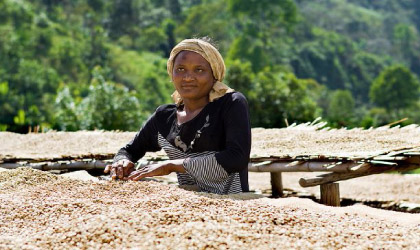
We appreciate the mentality that Ninety Plus treats and manages Essel's boutique beans so attentively. They have indeed created a lot of excellent coffee. Here we must pay tribute to Ninety Plus.
Although our coffee beans are not purchased through Ninety Plus, they are supplied to Ninety Plus from the source. If you want to taste the beans sold by Ninety Plus, please buy them from other Ninety Plus core teams or other channels. I will never sell these beans here in the name of Ninety Plus.
In order to avoid my friends' doubts about the quality, after getting the raw beans, I also went through several days of testing and constantly confirmed the differences between the raw beans and the products produced by Ninety Plus, including the teacher Han Huaizong. I also consulted him, who also tasted this batch of coffee and once thought it was a product from Ninety Plus, so I am very confident that I can tell you that it is definitely worth a try!
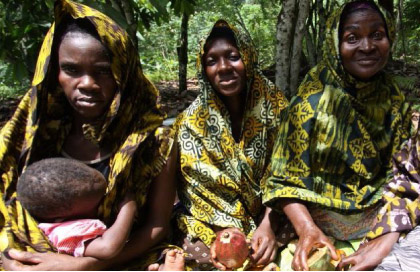
Nekisse, a coffee managed by Nekisse Cooperative, uses most of its coffee from nearby primeval forests and home-grown coffee trees, which have existed for hundreds of years.
In the past, the local area has always been treated in the sun, and most of them are sold to local traders, especially those who are mostly coffee farmers organized by women.
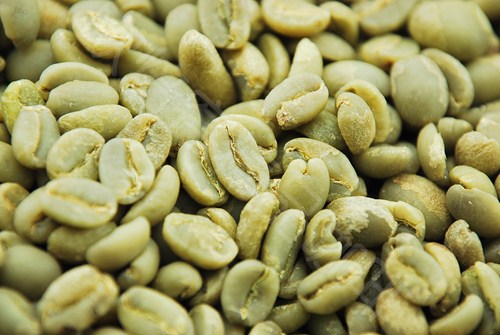
Nekisse, in the native language of Oromo, is "Naked Coffee" (some people say it is Naked Say.... But in fact, the meaning is the same), which means "the most primitive coffee".
Nekisse Cooperative was organized by 100 local farmers in 2009. they hope to improve their lives by producing the highest quality coffee, so they get bank loans, set up their own washing and treatment plant, use the local 500m falling spring as a water source, remove pectin and dry the wet coffee beans after 7 days of sun drying, and finally produce this amazing fruit coffee!
The smell of raw beans washed in Nekisse is very special! As soon as I opened the bag, I was shocked by its strong spice aroma. It was definitely the strongest smell of raw beans I had ever smelled, with a hint of ginger and Nanyang spices mixed with ripe sweet fruit.
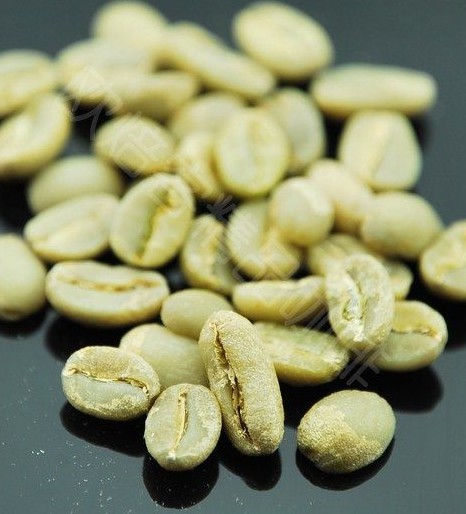
The cup tests the flavor:
Strong fruit aromas and Nanyang spices interweave into the best fruit flavor, moderate mellow, great sweetness! It is considered to be one of the best coffee in recent years.
The finish is slightly creamy and chocolate, but what is most fascinating in the mouth is its endless aroma, with the right proportion of acidity, making the taste richer and more varied, layered and absolutely fascinating.
Generally speaking, we recommend that this kind of coffee with fruity aroma and extremely fragrant coffee is most suitable for drinking with light to medium roasting. Although the acidity will be higher, but the bitterness will be reduced a lot, and the aroma will definitely make you forget that you are drinking a cup of coffee.
Medium and shallow baked Nekisse
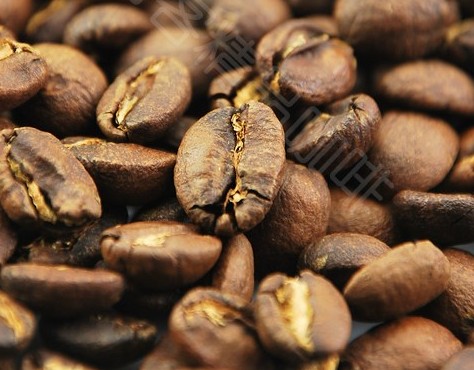
Producing area: Sidamo Nekisse
Altitude: 1900-2200m
Average temperature: 2-22 degrees
Harvest: collect ripe red fruit by hand
Treatment: washing in the front and sun in the back
Recommended taste baking degree: shallow baking, medium baking, medium baking
China Coffee Trading Network: www.gafei.com
Important Notice :
前街咖啡 FrontStreet Coffee has moved to new addredd:
FrontStreet Coffee Address: 315,Donghua East Road,GuangZhou
Tel:020 38364473
- Prev
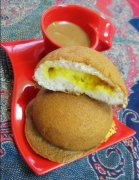
Operate new positioning coffee and bread pairing
In the past two years, a number of bakery shops have also begun to try the fresh matching of coffee / other drinks + bread. This kind of drink + pastry diet is very in line with today's fast-paced consumer demand. At the 15th China Bakery Exhibition in 2011, the pavilion also set up
- Next
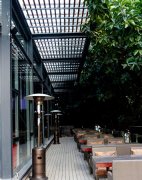
Experience sharing: How to own your own cafe
Only about 20% of Taiwanese enterprises can operate for more than five years, and 80% of them cannot maintain long-term operation. What kind of coffee shop can last for a long time?
Related
- What documents do you need to go through to open a coffee shop? coffee shop coffee shop certificate processing process
- How to purchase Coffee beans in small Cafe how to choose a suitable supplier for domestic Coffee supply Company
- How to drink Starbucks Fragrance White Coffee? how to make Australian White Coffee? what Italian coffee beans are recommended?
- The Story of Flora Coffee: the name of Flora Coffee Bean and the implication of the Flowers on Florna Coffee
- How much does a cup of coffee cost? How much is the profit of a cup of coffee? What is the profit of the coffee shop in a year?
- Yunnan small Coffee, known as "fragrant Coffee", introduces the characteristics of Alpine Arabica Coffee producing areas in Yunnan, China
- 2023 latest Starbucks full menu price list how much is a cup of Starbucks coffee what is better to drink the most popular hot and cold drinks recommended
- Starbucks different kinds of Coffee Price list Starbucks menu 2023 Top Ten Best drinks in Starbucks
- Starbucks Spring praise Comprehensive matching Coffee Bean theme Story Packaging implication and taste description
- The cost of a cup of coffee latte American coffee cost price and selling price

